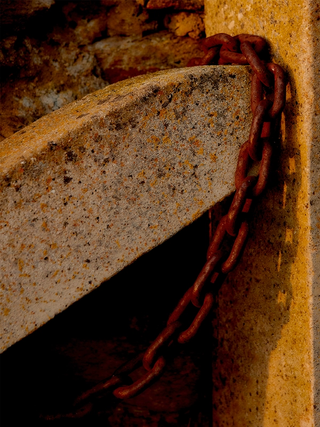VNTNRTM
VNTNRTM
VNTNRTM connects makers drinkers & thinkers in the pleasure of wine
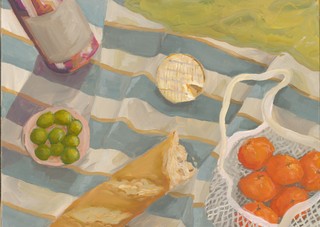
In Praise of Beautyby Moira Tirtha
Illustration by Annabel Hyles
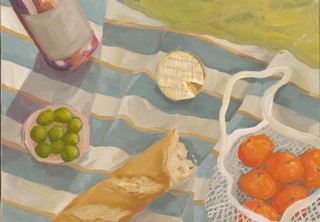
Choosing wine based on looks
Picture this: you arrive at a wine store and as you browse the shelves, you realise you’ve never heard of any of the producers, nor are you familiar with the regions, and you can’t quite figure out which grape varieties are in the bottles. And then in a final act of degradation, the person at the wine shop is communicating with you in a language that may as well be an unfamiliar dialect of an sparsley spoken language: high minerality, low tannin, botrytis something. How do you choose a wine?
When we’re unable to figure what a wine would taste like from the information on a label, we often unconsciously (or consciously) rely on branding to attach value and create understanding. Psychologists call this phenomenon 'heuristics'; mental shortcuts that allow us to make decisions quicker and with less effort. With wine, this could be a number of shortcuts, and often come from the label: the typeface, the illustration, the name of the cuveé. We may turn our attention to the bottle itself, too, making judgements on whether it's got a cork, is under screw cap, or a crown seal. Or our feelings could change when we feel the weight of the glass, the shape of the bottle, the quality of the wax. These branding cues influence our perceptions, and ultimately, our experience of the wine.
"Everyone experiences taste in such different ways, and everyone drinks wine with varying motivations."
We’re told not to judge a book by its cover; told that choosing a wine based on its label or branding is naïve. However, drinking and enjoying wine is a subjective experience. We can’t sit in one another’s mouths, and flavours can often be hard to communicate. Even the widely used wine aroma wheel is really just an elaborate taxonomy of metaphors; it’s not like there’s ever any dried tobacco in the wine. And really, outside of wanting a particular colour of wine, something lighter versus something heavier, we’re rarely looking for specific tasting notes when choosing a bottle of wine.
Instead, what we’re looking for is the wine that matches the experience. When a friend gets engaged, you’re wanting to buy a bottle that says ‘hurrah!’. Champagne, with its regal, often red-ribboned branding and muselet wire closure makes the act of opening it a ceremony, perfect for kicking off a celebration. If you’re meeting your partner’s father for the first time, a red wine that looks classic, maybe even a little conservative, might communicate that you’re a stable, put-together partner for their child. When you’re headed to the park with some mates, you’re probably wanting a wine that you’re happy to share with others and guzzle out of a plastic cup, perhaps with a fun label, a screw top and a price-point that won’t give said cups an inferiority complex.
In other words, wine isn’t always all about how it tastes! Rather than trying to navigate ‘wine words’ you’ve heard in passing from a posh friend in hopes that you’ll share the same subjective flavour experience, try shifting your focus to the scene you’re wanting to set. Plus, buying for context and experience (and embracing doing so) allows you to avoid intimidation or discomfort when you feel like you don’t know enough wine. Perhaps ask: is the wine the main event – something to be cherished, savoured and talked about, or is it just the background to an evening catching up with friends? These context cues are more likely to line up with a wine’s branding that can be just as helpful in getting you to the wine you actually want to drink. Plus, if the branding is telling you a story, as when anyone tells a story, isn’t it polite to listen?
What I’m saying is we can get too caught up with the idea of wanting to showcase our erudite selves by buying the ‘right’ wine, when everyone experiences taste in such different ways, and everyone drinks wine with varying motivations. What is the story you want to tell and what feels right? Being free to pick a bottle based on looks sure does.

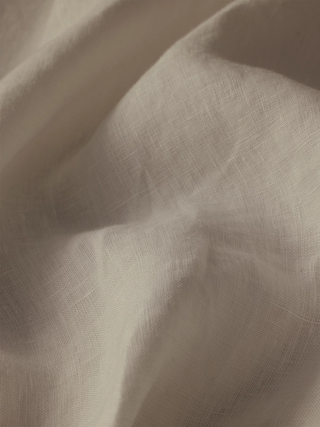

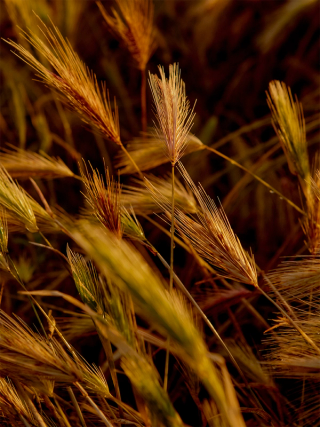

.png?w=320&h=426&q=90&auto=format)


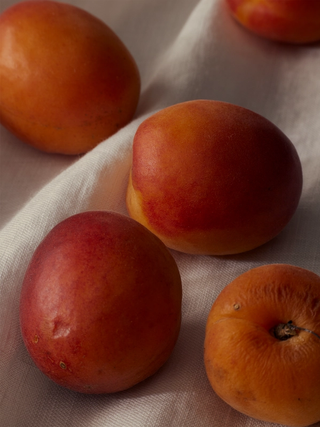

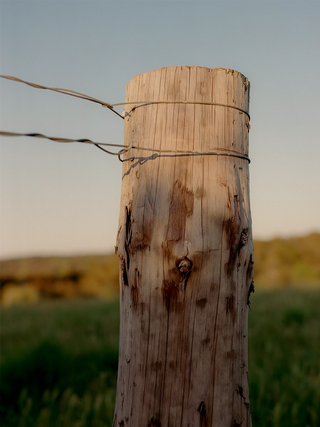

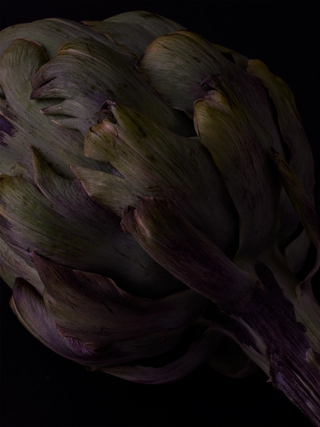
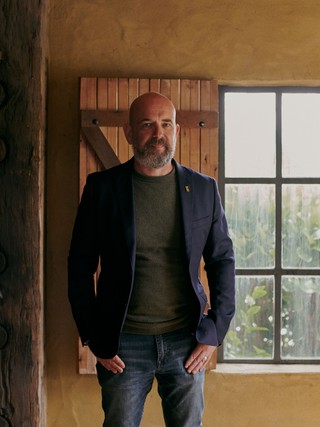

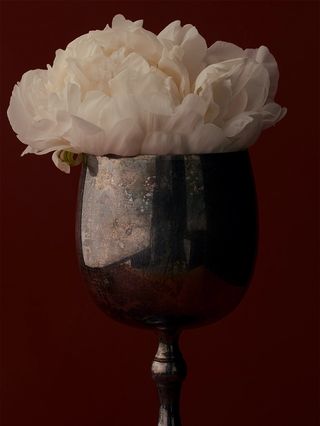


.png?rect=1,0,776,1036&w=320&h=427&q=90&auto=format)

